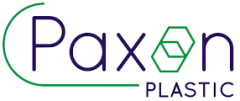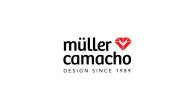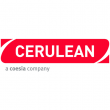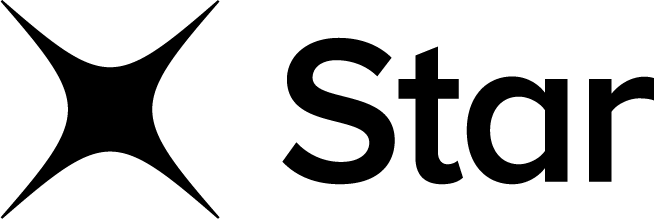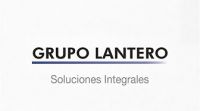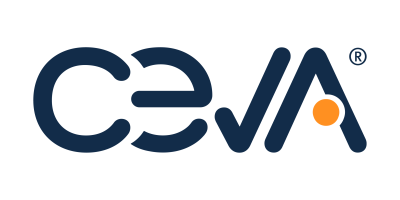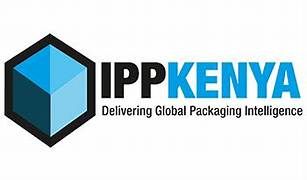New Domino printing station puts QR codes on caps at high speed to enable label-less bottles | 21-08-2024 |
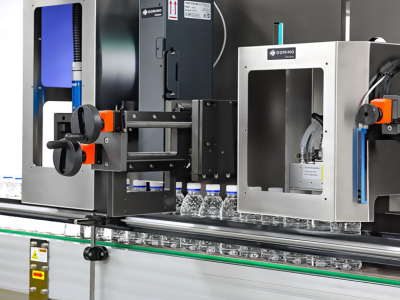
Domino Printing Sciences, a prominent AIPIA member, has announced the launch of a new range of high-speed product handling and printing solutions designed to support beverage manufacturers, helping them to move away from labels on bottles for environmental and legislative reasons. Domino’s range of Bottle Closure Printing Stations has been developed to print variable data and machine-readable codes, including QR codes, onto HDPE bottle caps and closures.
“In the beverage industry, there is growing interest in label-less bottles and the role they can play in supporting the move towards a circular economy,” says Nigel Allen, marketing manager 2D codes & high-resolution inkjet at Domino. “Although plastic labels are often recyclable, labels typically need to be removed prior to disposal to ensure that both labels and bottles can be recycled.”
Removing the need for labels not only helps to simplify the recycling process and reduce the total quantity of plastic required, but can also help manufacturers to save up to 5% on their production costs, as well reducing the financial burden in regions with plastic taxation, says the company.
The trend for label-less bottles is being explored with interest in the beverage industry, as projects to increase plastic recycling rates and improve the quality of recycled materials increase. South Korea recently became the first country to take a stance on this, with the Ministry of Environment launching new legislation to prohibit the use of external labels on bottled water from January 2026.
“These new regulations pose a challenge for beverage manufacturers who need to adhere to product labelling requirements and communicate with their consumers and must find a way to do so without compromising production performance,” continues Allen. “With this challenge in mind, we worked with several leading Korean bottled water manufacturers to develop a solution for high-speed, in-line variable data printing on bottle closures.”
The addition of variable data codes on bottle closures, the most common being QR codes, including GS1 QR codes, can provide a link to all the data usually required on product labels, supporting applications including product traceability, product recycling information and consumer engagement.
The full range of Bottle Closure Printing Stations can be customised to suit many different beverage sector production environments, says Domino. Options are available for high-speed printing of loose bottle caps and closures plus near line and in-line coding of filled bottles.
Domino’s in-line Bottle Closure Printing Station features an advanced product handling system capable of stabilising filled water bottles. This feature works alongside high-resolution printing of 300–900dpi variable data codes at speeds of up to 44,000 bottles per hour from Domino’s K300 monochrome digital printer. The stations also feature pre- and post-treatment of the printed codes to ensure code adhesion and longevity, as well as integrated machine vision for automated code inspection and verification.
Domino recently successfully completed the installation of its first in-line Bottle Closure Printing Station for one of Korea’s most prominent beverage manufacturers. The installation was the very first of its kind in the region. Several additional installations have followed.
David Bywater, regional development director – Asia, Domino. “We can see the trend for label-less bottles, alongside the need for variable data 2D codes including QR codes, becoming stronger and want to work with our customers to ensure that we can provide a solution that meets their needs.”
AIPIA and AWA Smart Packaging World Congress Amsterdam






